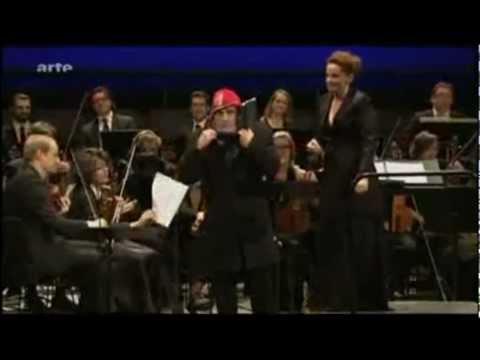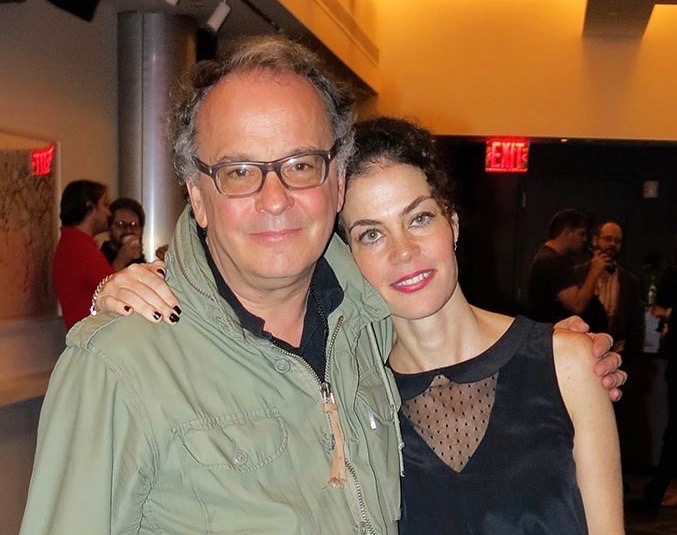In our musical household, there’s often a race to see who gets to the “turntable” first. So rather than argue over who got to do which day and which song to pick, we decided to offer song pairings, some linked by theme, time, or place, others by whim. Today it’s Baroque opera favorites.
Phil’s pick – Purcell, King Arthur: What power art thou
For me, the music of Henry Purcell was pretty much love at first hearing. “Dido’s Lament” can do that to you, but the further I explored, the more I loved. As evidenced by the “Lament”, the song “Music for a While”, or the stately and haunting “Chacony” for viol consort, few composers could do so much with a repeated bass line. “What power art thou”, from the semi-opera King Arthur, is an almost one-note song with a repeated progression and an inexorable tread. Part of a masque known as the Frost Scene in Act III, this air is sung by the Cold Genius, who grumpily awakes to Cupid’s call and asks to be allowed to go back underground to sleep and freeze to death. The shivering effects in both voice and strings grab your attention, but it is Purcell’s grave and gorgeous chromatic harmony that holds it.
Aleba’s pick – Handel, Orlando: Amor e qual vento
This week is the two-year anniversary of director R.B. Schlather’s radical staging of Handel’s opera seria masterpiece Orlando, which I had the good fortune to promote. For weeks, RB, his cast and musicians inhabited the very plain storefront Whitebox Gallery on Broome Street. Everything was open to the public. Throughout the afternoons a wide variety of people—music lovers, friends, and strangers who happened to pass by—dropped in, stayed for a while, and then went back to whatever they were doing. It was all quite low key, but as the days progressed the line between rehearsal and performance, and even the line between life and art began to disappear. It was magical. One of the regular onlookers was our daughter Clementine, who was seven at the time. She showed her emerging baroque soul by choosing this aria as her favorite. It’s mine, too.



0 Comments